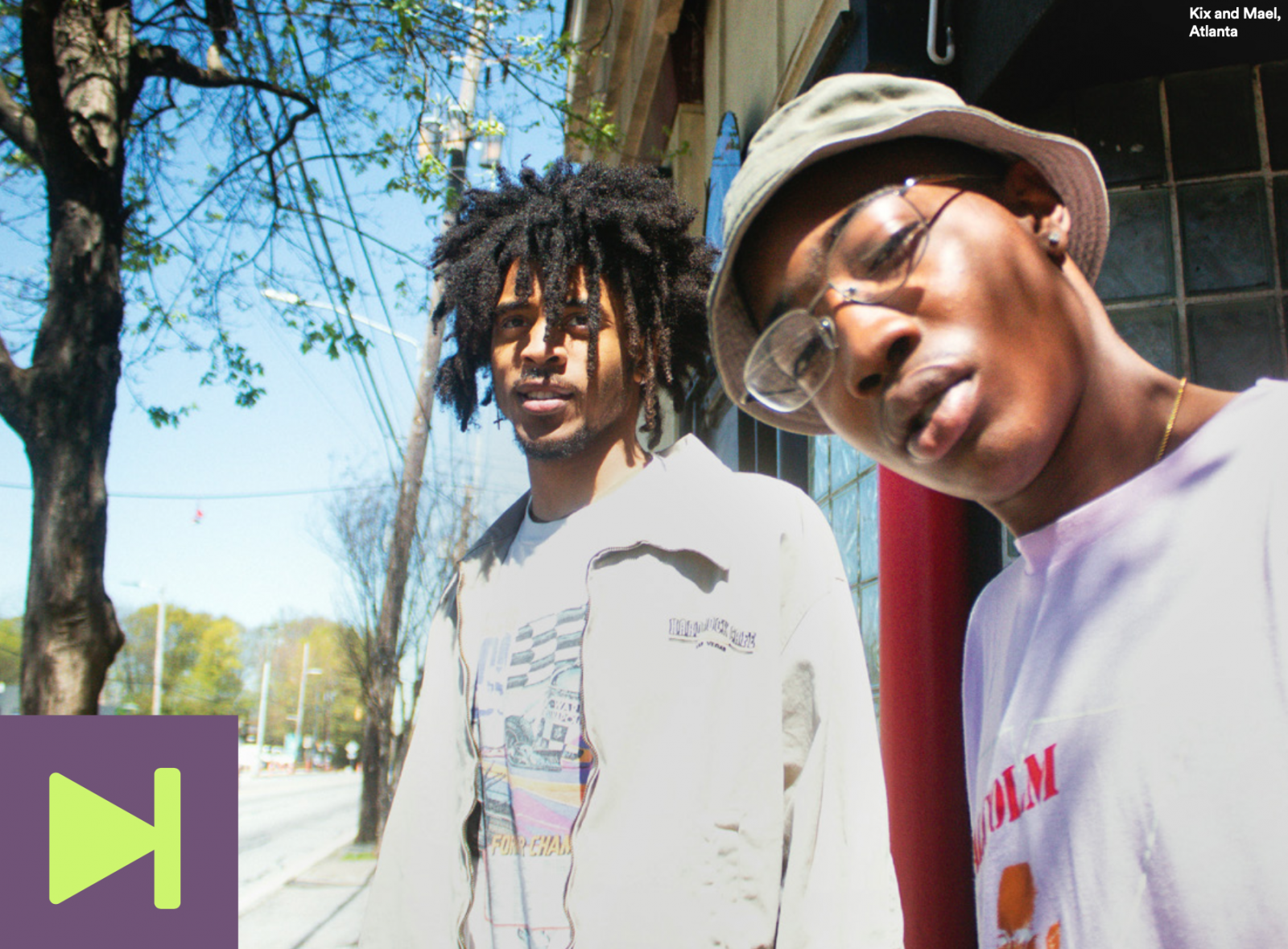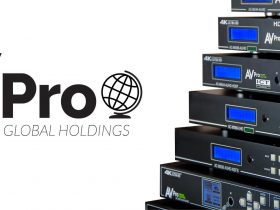Today, Spotify revealed the results of its “Culture Next Trends Report,” the brand’s second annual global report of Gen Z insights and cross-generational views regarding topics most impacting culture and trends. (Gen Z’s are individuals aged15 to 25 in 2020 and Millennials are between the ages of 26 to 40). Topics explored uncover insights about voting & politics, education, entrepreneurism, Black Lives Matter, societal norms & expectations, parent-child means for connection and the importance of brand values.

The results show that Gen Zs are reimagining their role in society, rewriting the playbook and are ready to take action on some of the most pressing issues and opportunities we face, viewing 2020 as a “cultural wake-up call”. For example:
- Globally, 71% of GenZs and millennials said they’re less interested in political parties than they are in moving forward — a 13% increase from August to January.
- 62% of Gen Zs said their generation is ready to rebuild society from the ground up.
- 42% of Canadian Zs considered an alternative education plan to university immediately following high school. Z’s are reconsidering university where 1 in 3 may not go at all. 65% plan to be their own boss once in the workforce.
- A sizable 88% of Zs and millennials in Canada told that they love understanding how ideas are born, and that doing so makes them feel a part of the creative process.

Spotify spoke with respondents in January and again this summer across the globe, uncovering insights and shifts in perspective this year. When major events or cultural moments happen in the world, Spotify sees them reflected on their platform – and that’s especially true in 2020. For example, nearly half of Zs surveyed said older generations can’t act as guides to adulthood because too much has changed in the world
When we asked to expand what gives GenZs more creative freedom than past generations, “access” to technology and social media was a running theme as these digital natives have never known a world where they couldn’t pull up virtually any piece of content at any time.
“We say, ‘Alexa, we’re going to bed,’ and our smart home locks our front door, turns off the TV and lights, and turns on our fan.” This sort of setup will be increasingly common as the global smart home market is forecast to reach $53 billion in the next two years. 68% of parents surveyed said they own a smart speaker.

70% of Canadian parents said technology has fuelled their family’s discovery exponentially, and 69% said today’s kids are “light years” ahead of where they were at their age as a result. 60% of young Canadians said listening to their parents’ music gives them a better sense of who their parents are, and 82% of parents said music is a way they bond with their kids.
Young people, discovered Spotify, are increasingly forming identities based on niche interests, and bonding with others who share those interests around the world. For example, 71% of Canadian Zs and millennials said it’s much easier to feel connected to a community today thanks to digital platforms and when asked about the elements that fuel their self-discovery, 65% cited music and 71% cited podcasts. Whereas past generations were rooted in community locally, GenZs seek a global reach to find community.

Notably, 72% of Canadian podcast listeners surveyed said the medium allows people to connect with each other. 39% of Canadian millennials and Zs listen to at least 5 genres regularly, underscoring the fact that exploring what’s different is encouraged and, ironically enough, a source of camaraderie.
To read the full report click here
Report Methodology:
Spotify partnered with research agencies Culture Co-op, b3 Intelligence and Lucid to conduct a combination of qualitative and quantitative analyses, looking at Gen Zs (15-25) and millennials (26-40) during two distinct time periods: Fall/Winter 2019-2020 and July/August 2020. The survey was conducted in 11 markets: Australia, Brazil, Canada, Germany, India, Indonesia, Italy, Mexico, Spain, United Kingdom, and the United States. We used Spotify’s unique Streaming Intelligence (our first-party data and insights based on listener’s streaming behavior on platform across moments and devices) to support both macro and micro trends in audio, as well as in broader culture.









